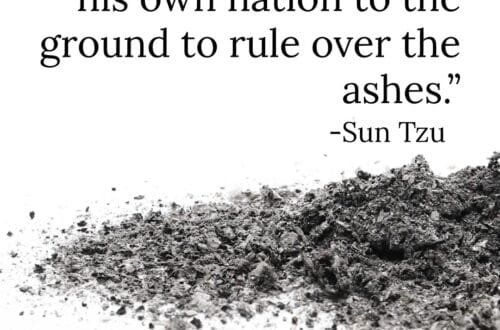The Repeal of Ethics: A New Era of Government Corruption

Trump’s Bold Move: The Repeal
In a surprising yet predictable twist, President Trump has repealed an executive order formerly established by Biden that mandated ethics from administration employees. This move is not merely a policy shift but a glaring signal of the current administration’s cavalier attitude towards accountability and ethical governance.
Substantial Changes to Ethical Standards
The now-defunct order delineated clear rules for federal workers: no acceptance of gifts from lobbyists, abstaining from bribes, and a two-year moratorium on lobbying once an individual exits government work. These guidelines were intended to foster a culture of integrity and reduce conflicts of interest within the government. With their removal, we may well ask: what does this imply for the ethical landscape of our federal agencies?
The Implications: Not Hiding Their Corruption Anymore
It’s clear that the repeal has opened the floodgates for unethical behavior. Critics argue that the administration’s actions are an overt invitation for lobbyists and interest groups to meddle more freely in the business of governance. As we stand witness to this unprecedented shift, one can’t ignore the suggestion that perhaps, they’re not even hiding their corruption anymore. The relaxation of these rules invites serious concerns about the integrity of decision-making processes in our government.
While some might consider this a liberation from ‘red tape,’ the larger implication remains: without robust ethical standards, the foundation of our democratic institutions risks being corroded, inviting a tide of corruption within our halls of power.




